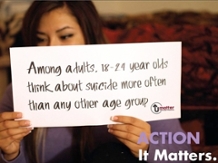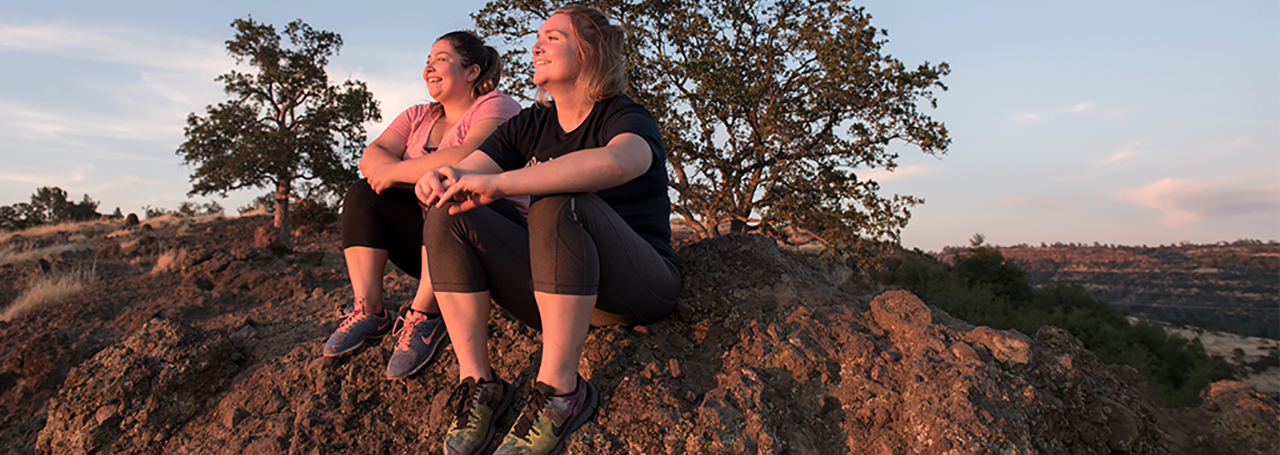
Action Matters
to promote a culture of action and intervention when inaction will result in physical or emotional harm.
What do you do when someone is hurting? Most victims not only need a friend, they also need help. Don’t be a bystander. Be the change.
Are you a helpful bystander or a hurtful bystander?
Hurtful bystanders
- Some bystanders instigate the situation by prodding the abuser
- Other bystanders encourage the situation by laughing, cheering or making comments that further stimulate the abuser
- Some bystanders join in the situation once it has begun
- Most bystanders passively accept the situation by watching and doing nothing (often without realizing it, these bystanders also contribute to the problem)
Bystanders also have the power to play a key role in preventing or stopping these victimizing situations.
Helpful bystanders
- Some bystanders directly intervene by discouraging the abuser, defending the victim or redirecting the situation away from physical or emotional abuse.
- Other bystanders get help by rallying support from peers to stand up against the situation or by reporting the situation.
Adapted from eyesonbullying.org.
Don't be a bystander.


